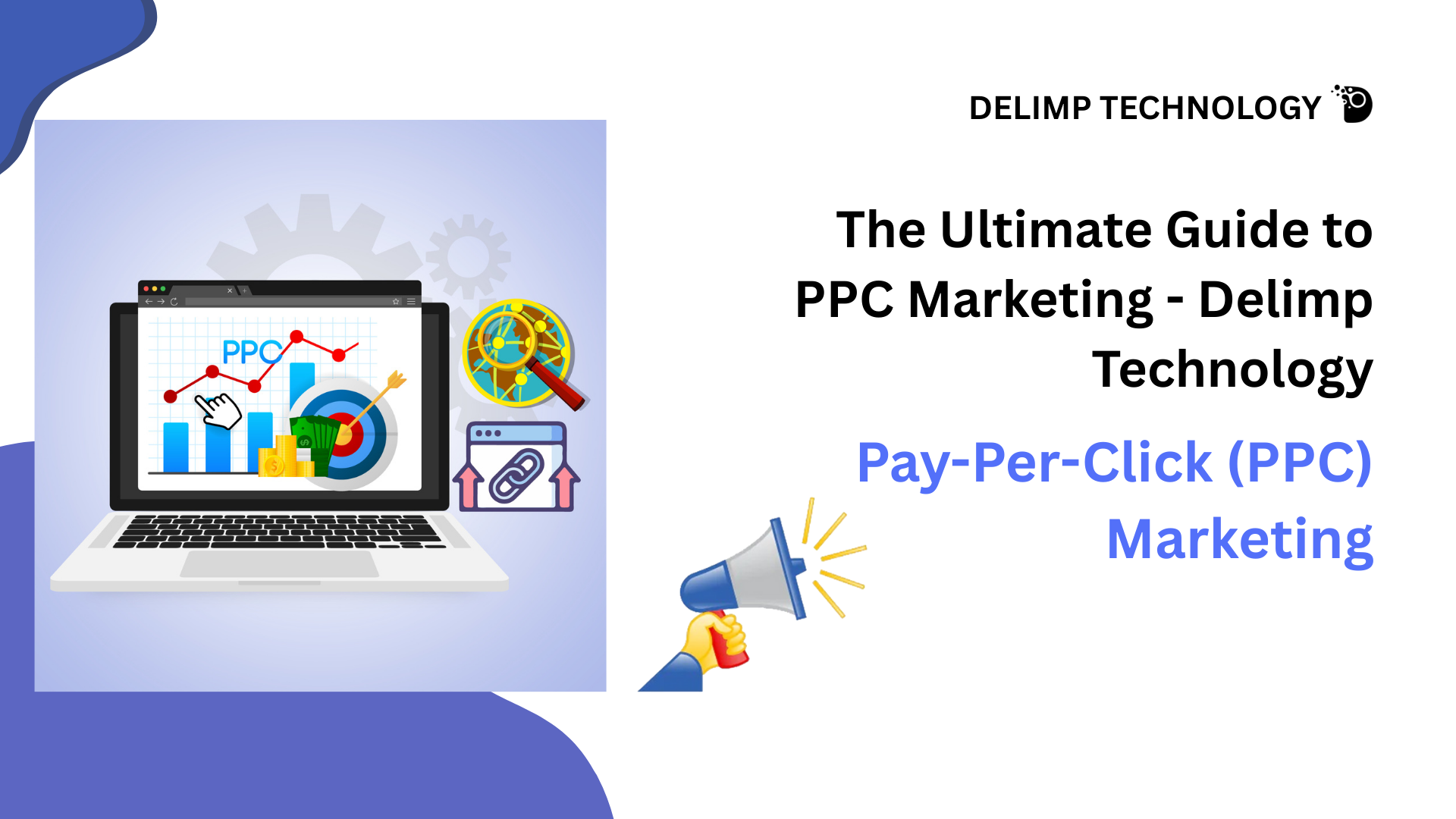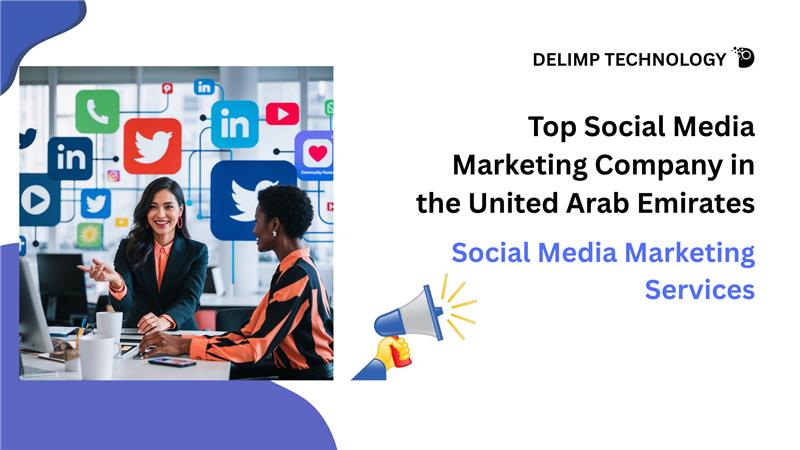Chat GPT, this AI chatbot acquired 1 million users in only 5 days, and Google’s Gemini, earlier called Bard, is now available in more than 43 languages, along with Korean, Spanish, Arabic, and Hindi. Both of these open AI chat interfaces are booming in the generative AI technology domain. Although Bard (now Gemini) has been introduced lately after Chat GPT, it has slowly gained popularity, and now 1 out of 8 users globally utilize Google Bard. Let’s understand the disparities between Gemini vs ChatGPT and explore more about them further in this article.
Both models are designed to understand and respond to human language in a comprehensive and informative way. This allows them to be used for various applications like chatbots, virtual assistants, and content creation. However, there are significant differences too.
About Chat GPT
ChatGPT is a large language model developed by OpenAI, known for its ability to generate realistic and coherent chat conversations. Launched in November 2022, it gained massive popularity, amassing 57 million users in its first month. ChatGPT can answer your questions, write different kinds of creative content, and translate languages. It uses machine learning to process massive amounts of text data, allowing it to constantly improve. While a free tier exists, access to its full capabilities might require paid options.
About Google’s Gemini
Google’s Gemini, still under development, is a large language model excelling in text processing, code generation (especially Python), and even venturing into image, video, and audio. Unlike the publicly available (with limitations) ChatGPT, Gemini access is currently limited to developers through Google’s AI platforms. It can handle text in multiple languages, making it accessible to a wider audience.
Notable Differences Between ChatGPT and Gemini AI
Given below are the eminent differences between ChatGPT and Gemini AI on the basis of various aspects.
Architecture:
ChatGPT is built on OpenAI’s GPT-3.5 architecture, which stands for “Generative Pre-trained Transformer.” It utilizes a transformer-based model with 175 billion parameters, enabling it to understand and generate coherent and contextually relevant text.
Gemini AI, on the other hand, employs a distinct architecture designed to emphasize contextual understanding and task-specific performance. It leverages advancements in neural network architectures tailored for a range of applications.
Data Sources and Transparency:
ChatGPT AI tools are trained on a massive dataset of text and code, with the exact data sources not publicly disclosed. This lack of transparency makes it difficult to assess potential biases or limitations in its training data.
Gemini AI leverages Google Search and other Google resources in real-time, allowing access to constantly updated information. This focus on real-time data can be an advantage, but it also raises questions about potential biases present in search results.
Training Techniques:
ChatGPT is pre-trained on a diverse range of internet text, absorbing patterns and information from a vast array of sources. It is fine-tuned for specific tasks to enhance its performance in various applications, including conversation, content creation, and more.
Gemini AI is trained using a combination of supervised learning and reinforcement learning, focusing on specific domains or tasks to optimize its performance for targeted applications. This approach allows Gemini AI to excel in context-dependent tasks.
ChatGPT is primarily text-focused, excelling in tasks like creative writing, translation, and question answering. While it can generate some code, it might not be as strong in this area compared to Gemini.
Focus and Specialization:
Gemini AI tool shows broader capabilities beyond text. It can process and understand images, videos, and audio to a certain extent. Additionally, Gemini is known for its exceptional Python code generation skills.
Data Focus:
ChatGPT primarily relies on its pre-trained dataset for inspiration. It is limiting, as it might struggle to generate ideas outside the information it’s already seen.
Gemini AI leverages real-time access to Google Search and other resources. This allows it to pull inspiration from the latest trends and information, potentially leading to more novel and up-to-date ideas.
Conclusion
Ultimately, the choice between ChatGPT and Gemini AI depends on the specific requirements and objectives of the task at hand. For general-purpose natural language processing tasks and broad applicability, ChatGPT offers a comprehensive solution. Conversely, for specialized tasks within specific domains or industries, Gemini AI provides tailored performance and contextually relevant insights. By understanding the differences between these models, users can make informed decisions to leverage the strengths of each for their unique needs.
Frequently Asked Questions (FAQs)
Q1. What are ChatGPT and Gemini AI?
Ans. ChatGPT is an AI language model developed by OpenAI, designed to generate human-like text based on the input it receives. It’s trained on a diverse range of internet text and can engage in conversation on various topics. Gemini AI, on the other hand, is an AI platform developed by Gemini, focused on conversational AI solutions for businesses. It’s designed to understand and respond to customer queries, automate tasks, and enhance user experiences.
Q2. How do ChatGPT and Gemini AI differ in their capabilities?
Ans. ChatGPT primarily excels in generating text-based responses and engaging in conversation on a wide range of topics. It can provide information, answer questions, and even simulate human-like dialogue. Gemini AI is tailored more towards businesses, offering solutions for customer support, sales, and marketing. It’s equipped with tools for understanding customer intent, automating responses, and personalizing interactions.
Q3. What are the key features of ChatGPT and Gemini AI?
Ans. ChatGPT features include natural language understanding and generation, context retention during conversations, and the ability to adapt its responses based on input.
Gemini AI offers features such as intent recognition, dialogue flow management, integration with business systems, and analytics for performance tracking and optimization.
Q4. How do ChatGPT and Gemini AI handle privacy and data security?
Ans. ChatGPT, developed by OpenAI, prioritizes user privacy and data security. It anonymizes and aggregates data to improve the model without storing personal information.
Gemini AI follows industry standards and best practices for data security and privacy protection. It allows businesses to customize data handling according to their specific requirements and compliance regulations.
Q5. Can ChatGPT and Gemini AI be integrated into existing systems?
Ans. ChatGPT offers various integration options, including API access and SDKs for seamless integration into applications, websites, and other platforms.
Gemini AI provides integration capabilities through APIs, SDKs, and platform connectors, enabling businesses to incorporate its conversational AI solutions into their existing systems and workflows.





